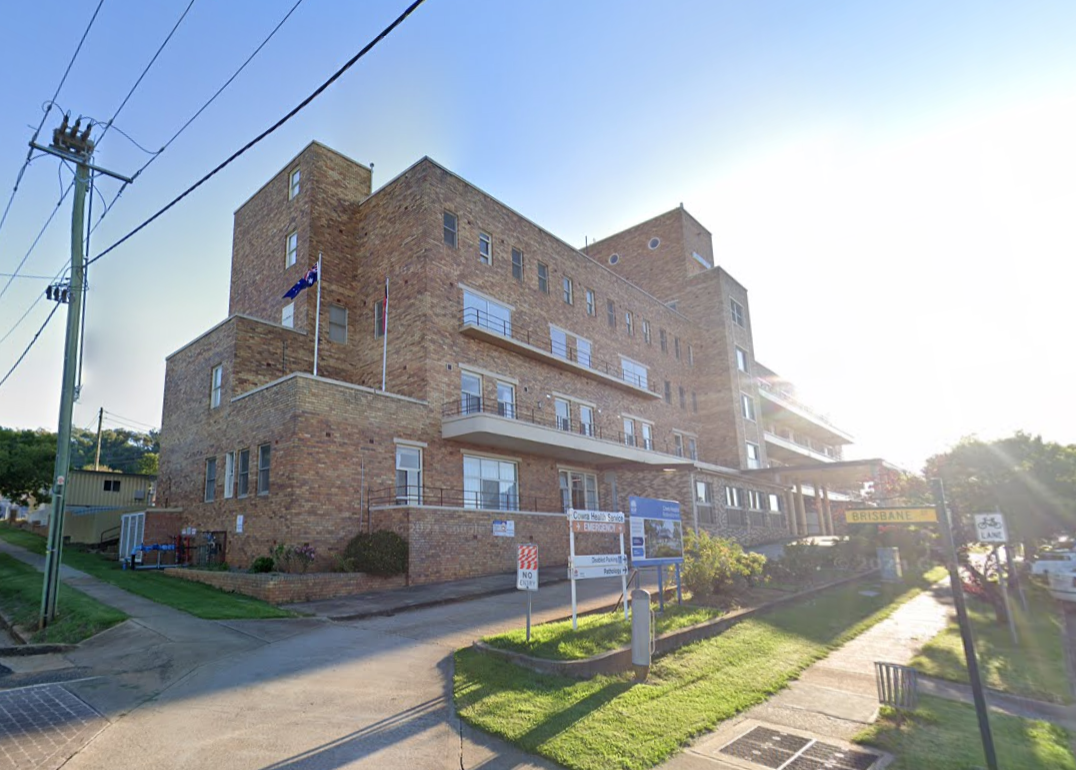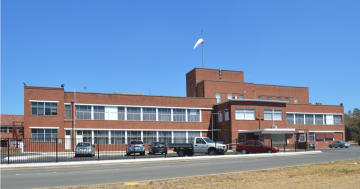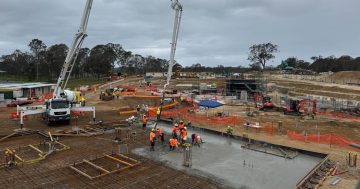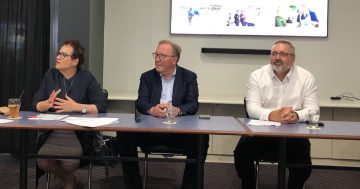
The 45-year-old First Nations man was taken to Cowra District Hospital by his family in September 2019. Photo: Google Maps.
CONTENT WARNING: This article contains the name of a First Nations person who has died.
A First Nations man died of a treatable condition after there was a “flawed” triage process at the Cowra District Hospital in an environment that “lacked cultural safety” and he left without seeing a doctor, a coroner has found.
Earlier this month, NSW’s Deputy State Coroner Harriet Grahame handed down her findings for the inquest into the death of well-known Wiradjuri man from Cowra, Wilfred ‘Whippy’ Robert Williams.
“Whippy’s untimely death has caused his community enormous pain and anguish,” she said.
“I am concerned that his family were not treated with the empathy and care they deserved.
“In small towns deaths such as Whippy’s have the capacity to significantly impact the trust community members have in important institutions such as the local hospital.”
Mr Williams had been unwell for a few days when his family became very concerned and took him to a local GP’s surgery then to Cowra Hospital on 12 September 2019.
“Despite the family’s efforts, Whippy was never seen by a doctor,” the coroner said.
As they were unsuccessful in seeking treatment, they took him back home. The 45-year-old was found unresponsive the next day and could not be revived.
Deputy Coroner Grahame said the flaws in the triage process at the hospital resulted in lost opportunities which ultimately robbed Mr Williams of any chance of survival.
Mr Williams died from diabetic ketoacidosis with multi organ failure caused by pneumonia. Experts told the inquest that diabetic ketoacidosis will respond with swift intervention.
“They told this court that had timely and adequate care been provided Whippy may well have lived,” Deputy Coroner Grahame said.
“Whippy’s condition was treatable and his death likely preventable with appropriate and timely medical care.”
While discussing issues around GP clinics, she said the current funding levels for Aboriginal Medical Services needed to be increased so that towns like Cowra, with large Indigenous Australian populations, could be adequately serviced.
When it came to the triage process at hospital, the coroner accepted that Mr Williams should have been treated as having a life-threatening condition until that possibility had been excluded.
She accepted the failure to notify the responsible doctor about his presentation, triage classification and departure from hospital was a very significant omission.
Both the Western NSW Local Health District (WNSWLHD) and a nurse who performed the triage accepted the doctor should have been told.
The coroner said this nurse’s failure to recognise the seriousness of the situation, even after correctly identifying he was a triage level two patient, was extremely difficult to understand.
She also noted Mr Williams was incorrectly recorded as a person who was not of First Nations heritage during the triage.
Deputy Coroner Grahame said there was need for community members to believe the Local Health District (LHD) could acknowledge what went wrong and work for change.
“A new hospital will be opened shortly. I hope the LHD finds ways to rebuild trust with those affected by Whippy’s death,” she said.
She made three recommendations for the CEO of WNSWLHD.
“In my view, there remains work to be done within the WNSWLHD to strengthen cultural safety by implementing some kind of Aboriginal Health Partnership Advisory Consultative Group,” she said.
A WNSWLHD spokesperson said NSW Health offered its sincere condolences to the family and friends of Mr Williams.
“We are very sorry that Mr Williams did not receive the medical treatment he needed,” they said.
“We will carefully consider the coroner’s findings and recommendations.”
If you or someone you know needs help, you can contact:
Lifeline’s 24-hour crisis support line – 13 11 14
Suicide Call Back Service – 1300 659 467
Kids Helpline – 1800 551 800 or kidshelpline.com.au
MensLine Australia – 1300 789 978 or mensline.org.au











Totally disagree with Kathryn Maxwell, president of the Southcoast Health and Sustainability… View